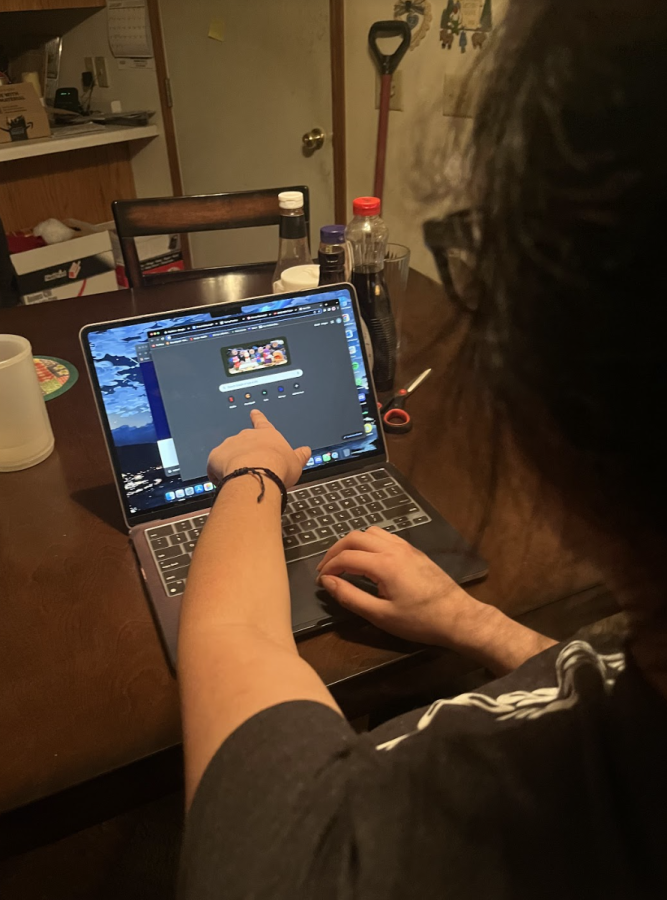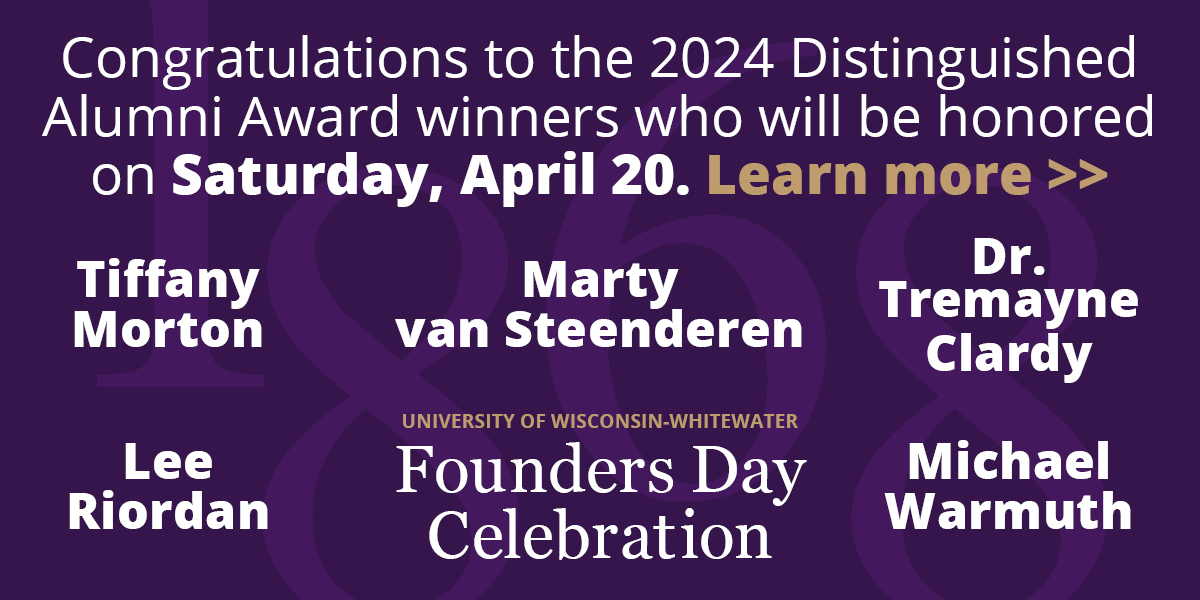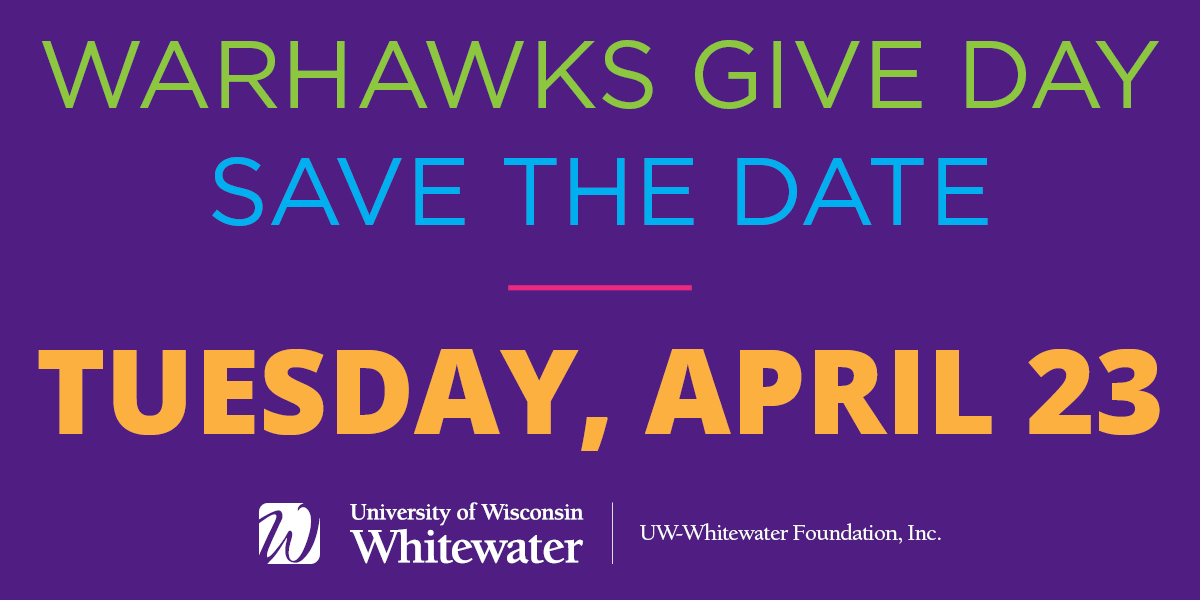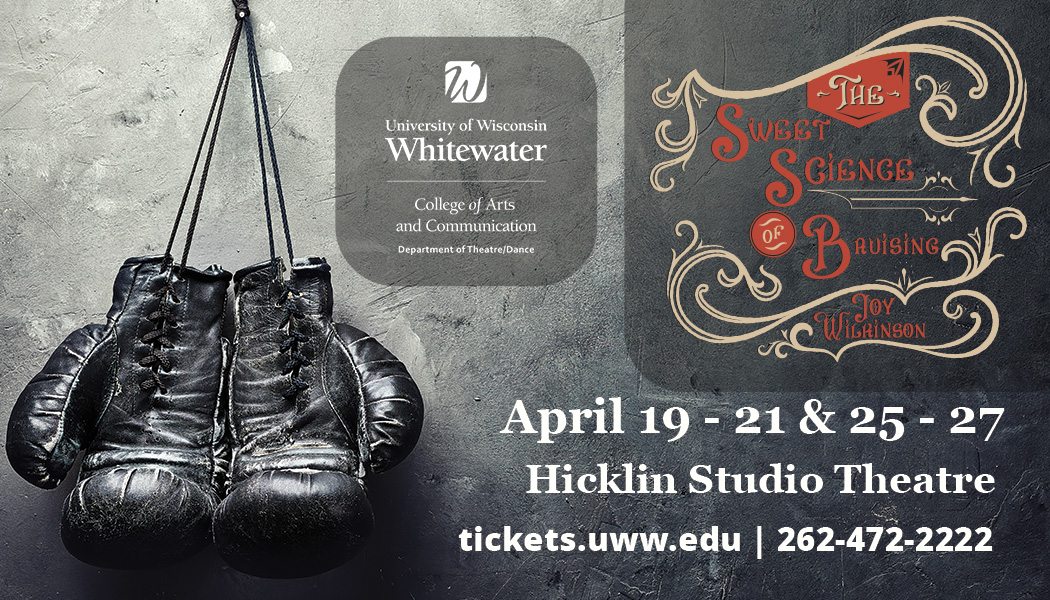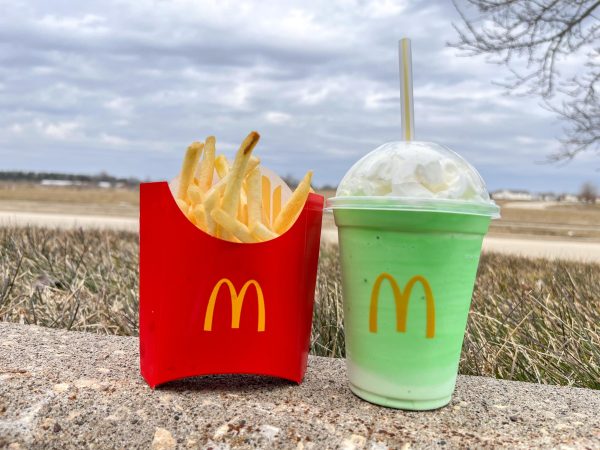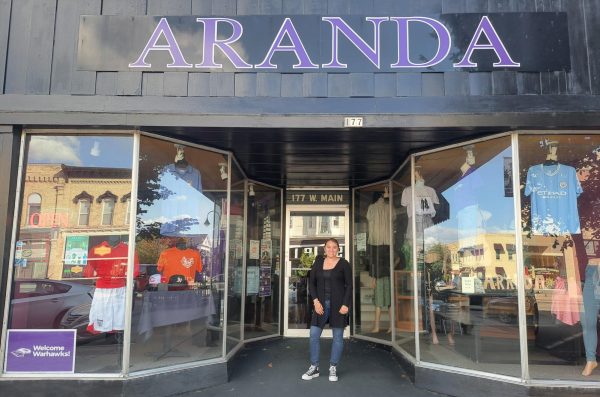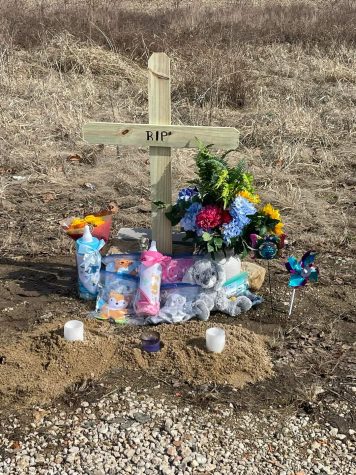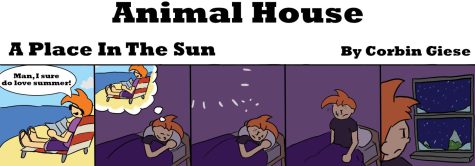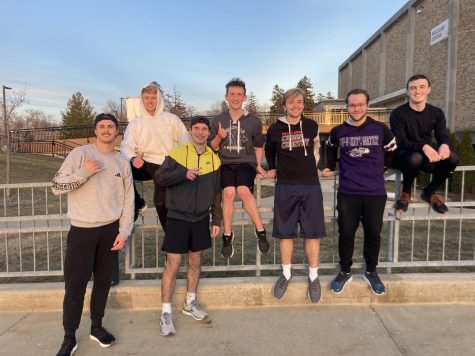Students discuss strategies to prepare for finals
Daniela Melero shares the different ways she has been preparing for upcoming challenges in her academic career (photo taken by Rori Leonhard).
December 4, 2022
The holidays have a habit of diverting our attention away from school, and although it is comforting to be whisked away by traditions and family, it is very important to make sure we still remain grounded in our academics.
The last of the midterm exams were taken on Nov. 18, leaving just enough time to breathe before Thanksgiving break. For many, these recent exams were the first major tests at the University of Wisconsin-Whitewater. All students alike experience both difficulties and advantages in taking these exams, and with finals the upcoming semester approaching, it’s never been more important to revisit these complications.
Freshman Daniela Melero, accounting major, is dissecting the difficulties she experienced during her first semester and applying the lessons she learned to her daily life. With hope, Daniela plans to adapt to these lessons to do better on her finals and prepare for the second semester of her freshman year.
“Having more control over my stress levels during finals week, I believe, would not only make the process easier but even increase my chances of getting a better grade,” Melero said. “Now that I have a better understanding of how classes will be laid out throughout the semester, I am better prepared to manage my time correctly and hopefully have more time next semester for personal things that aren’t school related.”
Senior Montserrat Cuevas implies that the relationship students build with their professor provides a well-rooted foundation for a semester. Utilizing opportunities such as professors’ office hours and the tutoring center, a free resource to students on campus, gifts students with the proper information and materials they need to succeed.
“I would advice students to learn what study method works best for them,” Cuevas said. “This can be tough to learn if you’ve never really studied before but finding out your best method will help you learn and retain information much better.”
Contact your professors for assistance regarding office hours if the information can’t be found on Canvas or in the course’s syllabus.
For help outside of the classroom, look to Campus Tutorial Services, a complimentary in-person tutoring service located in the Mary Poppe Chrisman Success Center.

